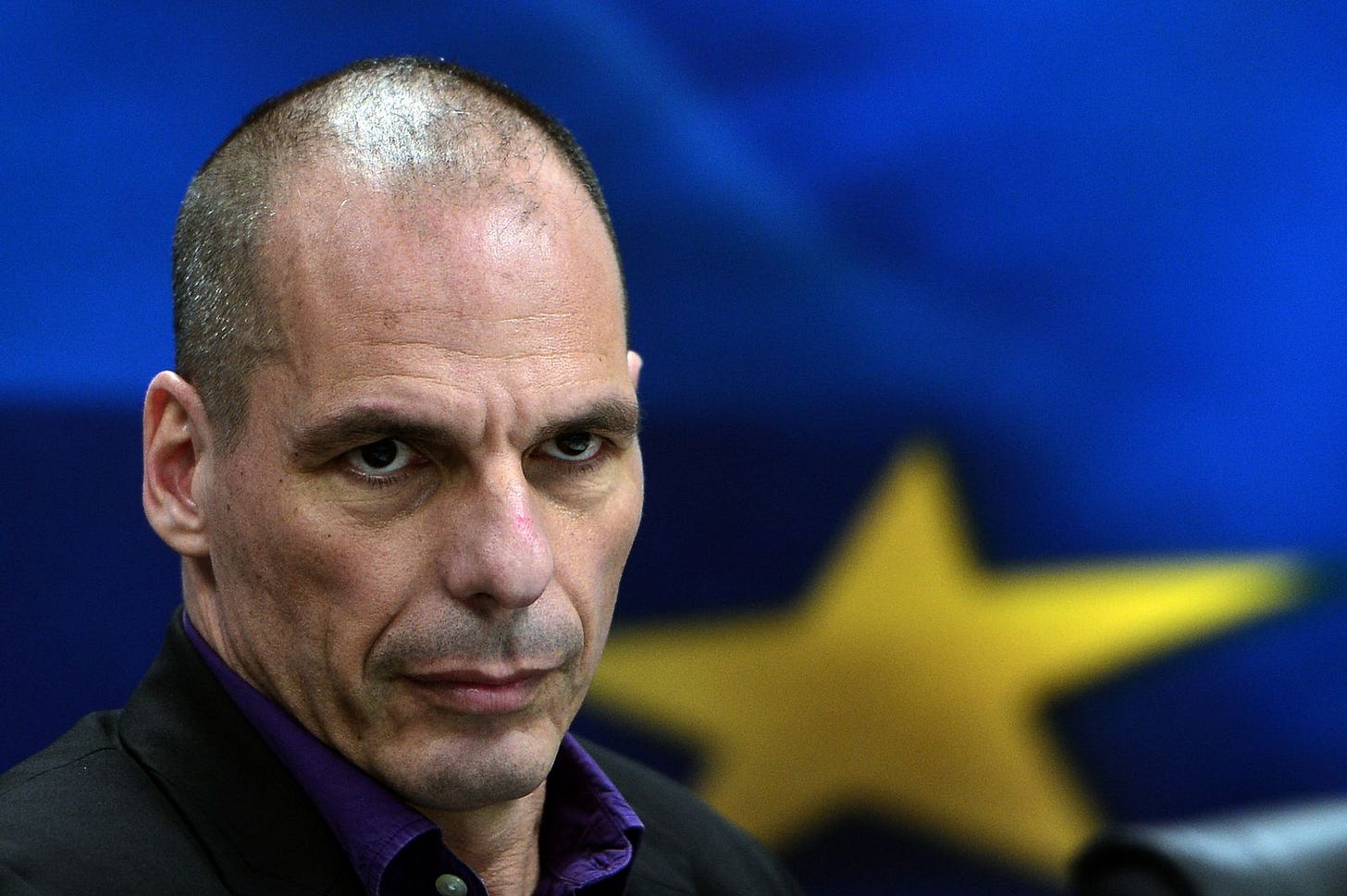Beyond Capitalism: Varoufakis and the Forgotten Knowledge of Economic Futures
Global capitalism, once celebrated as the bringer of unparalleled prosperity, now faces a critical juncture. Its internal tensions, previously hidden, have manifested as crises that challenge our socio-economic foundations.
Yanis Varoufakis, former Greek finance minister and economist, stands as a prominent critic. His analysis transcends conventional wisdom, exposing fundamental flaws and advocating for radical alternatives. We are not witnessing mere cyclical downturns, but a profound systemic failure.
Modern capitalism has transformed into a distinct entity, often termed "techno-feudalism" or "bankruptocracy" by Varoufakis. This new configuration intensifies inequality and weakens democracy. Power is concentrated in the hands of a select few mega-corporations and financial entities.
This article delves into Varoufakis's multi-layered critique, starting with his analysis of the 2008 financial crisis. The response to the crisis, primarily through quantitative easing and austerity, reinforced existing power structures.




